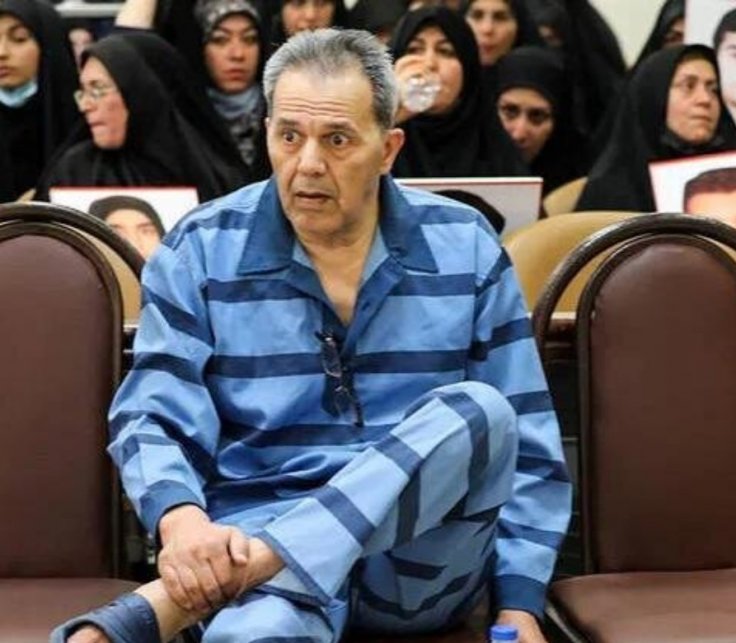Iranian-German prisoner Jamshid Sharmahd, who was kidnapped by Iranian security forces in Dubai in 2020, has been executed in Iran following a conviction on terrorism charges that his family disputes, according to Iran's judiciary. The judiciary's Mizan news agency reported that the execution took place on Monday morning.
Iran alleged that Sharmahd, a resident of Glendora, California, was behind a 2008 mosque attack that killed 14 people and wounded over 200, as well as other planned attacks linked to the Kingdom Assembly of Iran and its militant wing, Tondar. Iran also accused Sharmahd of "disclosing classified information" about missile sites of Iran's paramilitary Revolutionary Guard during a 2017 television broadcast.
Falsely Charges and Executed

"Without a doubt, the divine promise regarding the supporters of terrorism will be fulfilled, and this is a definite promise," the judiciary said while announcing the execution of Sharmahd.
His family, who disputed the charges, had campaigned for years to secure his release but could not be immediately reached for comment.
"I don't think words can change a terrorist regime," Gazelle Sharmahd told DW after her father was convicted in 2023.
"This is a regime that kidnaps people like my Dad from outside of Iran, takes them over there. ... This terrorist regime will not respond to any kind of talks or diplomacy. We have seen this, unfortunately."
Arrest and Conviction

In 2020, Sharmahd was in Dubai trying to travel to India for a business deal related to his software company. He was trying to catch a connecting flight despite disruptions to global travel due to the ongoing coronavirus pandemic at the time.
Sharmahd's family received their final message from him on July 28, 2020, though details of the kidnapping remain unclear.
Tracking data indicated that Sharmahd's phone moved south from Dubai to Al Ain on July 29, crossing into Oman and stopping overnight near an Islamic school in the border town of Al-Buraimi
Amnesty International has said that he was coerced into confessing and that he informed his family he had been tortured while in detention.
The human rights organization noted that Sharmahd had launched a website to share statements from the KAI, a little-known U.S.-based group aiming to restore the monarchy that was toppled during the 1979 Islamic Revolution.









